Contrary to popular myth, forgoing coffee isn’t likely to improve your health. The opposite might be true: Years of research suggests that drinking coffee is linked with a lower risk of death.
The latest addition to that body of research was published Monday in the Annals of Internal Medicine. The study looked at around 120,000 people in the U.K. who regularly drank unsweetened or sugar-sweetened coffee over seven years. The findings suggested that those who drank 1.5 to 3.5 cups a day had a lower risk of death during those seven years than non-coffee drinkers, even if they added a teaspoon of real sugar — not artificial sweetener — to every cup.
On the whole, people who drank unsweetened coffee were 16 percent to 21 percent less likely to die during the study period than people who didn’t drink coffee at all, the results showed.
But the researchers didn’t look at causality, so they couldn’t say whether coffee is directly responsible for the outcome.
“Biologically, it is plausible that coffee could actually confer some direct health benefits,” said Dr. Christina Wee, an associate professor of medicine at Harvard Medical School. Wee edited the study and wrote an accompanying editorial about the results.
But she added: “We can’t say for sure that it’s the coffee drinking per se that leads to the lower mortality risk.”
It’s possible, for example, that people who regularly drink coffee are wealthier and therefore more likely to have better health care or more time for leisure or fitness than non-coffee drinkers, which could lower their mortality risk.
A spoonful of sugar doesn’t negate coffee’s benefits
The participants in the new study were around 56 years old, on average, and they were recruited from 2006 to 2010. The researchers accounted for factors like diet, smoking, socioeconomic status, pre-existing health problems and exposure to air pollution.
The results suggested that people who drank sugar-sweetened coffee were 29 percent to 31 percent less likely to die than non-coffee drinkers — a slightly higher risk reduction than was observed among people who drank unsweetened coffee, though in the same range.
The study didn’t find conclusive results for people who drank coffee with artificial sweeteners; neither did it look specifically at people who added milk or cream.
Wee said the results do not suggest it’s healthier to add sugar to your coffee than to drink it plain.
“My biggest caution is to not equate this to ‘Oh, I can drink any kind of coffee with loads of calories,’ because there are other studies that clearly show that adding sugar and high levels of empty calories is not good for you. So just do things in moderation,” she said.
“What this study is really saying is that adding a little bit of sugar doesn’t take away all the potential health benefits that coffee might have,” Wee said.
‘Not harmful, maybe a little bit beneficial’
An association between coffee drinking and a lower risk of death is well-established: A 2019 analysis found that drinking two to four cups a day lowered a person’s risk of death relative to people who didn’t consume coffee. Another analysis suggested that consuming three to four daily cups lowered the risk of dying from heart disease compared to no coffee at all. The same research found that coffee drinking was associated with a decreased risk of Parkinson’s disease, chronic kidney disease, Type 2 diabetes and certain cancers.
But experts haven’t determined why coffee is associated with those benefits.
Some research has suggested that the antioxidants in coffee might reduce inflammation and lower the risk of disease, but the connection is far from certain.
And other research has linked coffee to some negative health effects. A 2015 review found that drinking one to four cups a day was associated with an increased risk of blood clots, but the opposite was true among people who drank five or more cups a day. A review last year, meanwhile, found that boiled coffee was correlated with increased levels of “bad” cholesterol, while filtered coffee didn’t have the same effect. Caffeine can also raise blood pressure in the short term.
The recent research is far from definitive, Wee said. She noted, too, that some lifestyle factors associated with coffee drinking can be unhealthy: “You work long hours and you need to stay up all the time, or you’re stressed and you have deadlines.”
Because of that, Wee said, “I am more confident that we can say that coffee drinking is likely not harmful, maybe a little bit beneficial.”
“If you don’t enjoy coffee, I wouldn’t force yourself to like it,” she added.

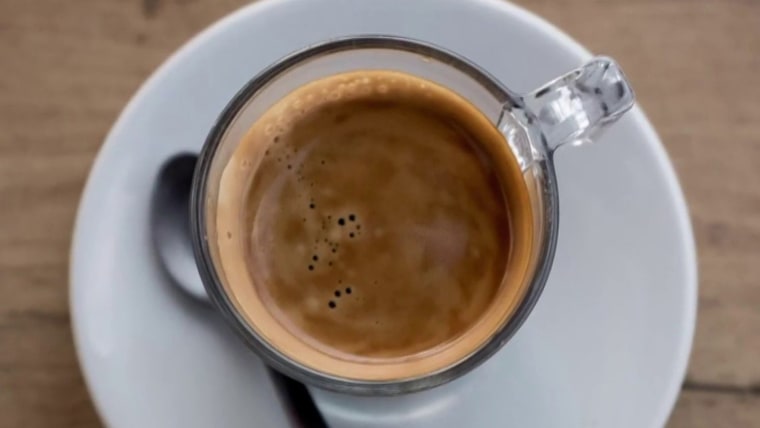
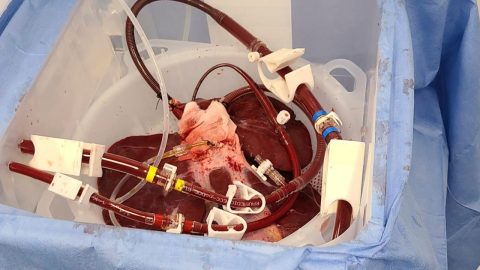

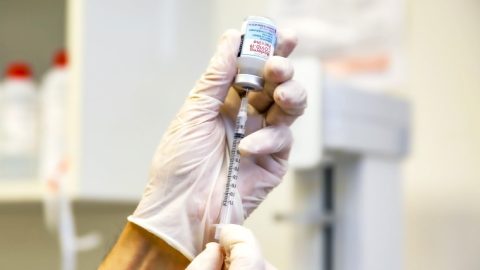

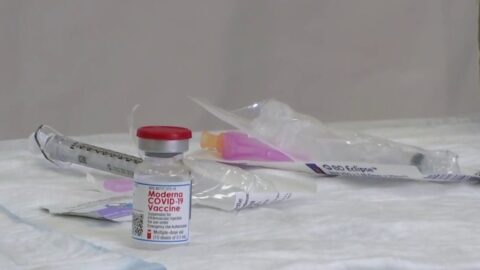
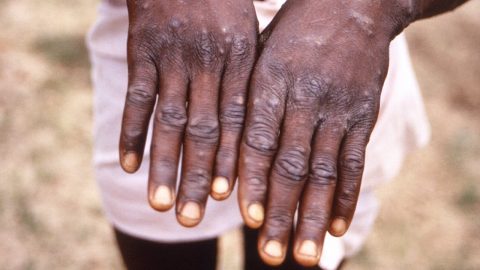

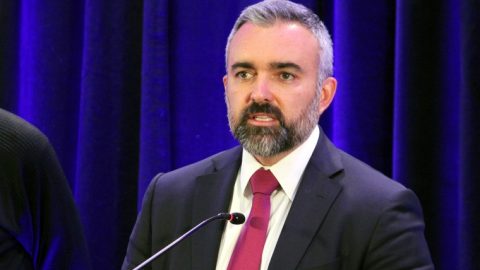
Recent Comments